|
|
|
|
This Saturday marks the one-year anniversary of the Supreme Court’s Dobbs decision, which took away the constitutional right to an abortion. Nurse practitioner and researcher Heidi Fantasia from UMass Lowell explains the profound implications for reproductive health now playing out from this momentous legal case.
Overturning Roe v. Wade has created a patchwork of state-level rules around abortion that is resulting in fewer professionals trained to perform
this and other procedures, unequal access to reproductive care and general confusion – all of which directly affect women’s health. “Now that the constitutional right to abortion has been eliminated, more women will inevitably die or become seriously ill due to lack of safe access to abortion services,” Fantasia writes.
People who live in hurricane-prone areas most likely already know that heat from oceans provides fuel for the formation of tropical storms. But a new study shows that hurricanes themselves can actually add heat back below the ocean’s warm surface layer. Ocean scientists Noel Gutiérrez Brizuela from University of California, San Diego, and Sally Warner from Brandeis University describe their two-month-long experiment in the Philippine Sea which found “that
underwater waves transport heat roughly four times deeper into the ocean than direct mixing during [a] hurricane.” This redistributed heat can have far-reaching effects, such as stress on coral reefs far from the
location of the storm, or remain stored in the ocean for decades.
More than three years after the emergence of the novel coronavirus, a survey of blood samples found that 94.5% of Americans have antibodies to SARS-CoV-2, either from catching COVID-19 or from vaccination. And as heat waves pummel portions of the Southern U.S., researchers this week released a report explaining how cities can reduce the health risks of extreme heat.
Also in this week’s science news:
If there’s a subject you’d like our team of editors to investigate, please reply to this email.
[Sign up here for our Understanding AI series – four emails delivered over the course of a week.]
|

|
Martin LaMonica
Director of Editorial Projects and Newsletters
|
|

The range of reproductive health care available to women depends significantly on the state they live in.
fizkes/iStock via Getty Images Plus
Heidi Fantasia, UMass Lowell
Abortion bans and restrictions have numerous downstream effects on health care. For instance, medical students in states where those laws exist will not receive training for some standard procedures.
|
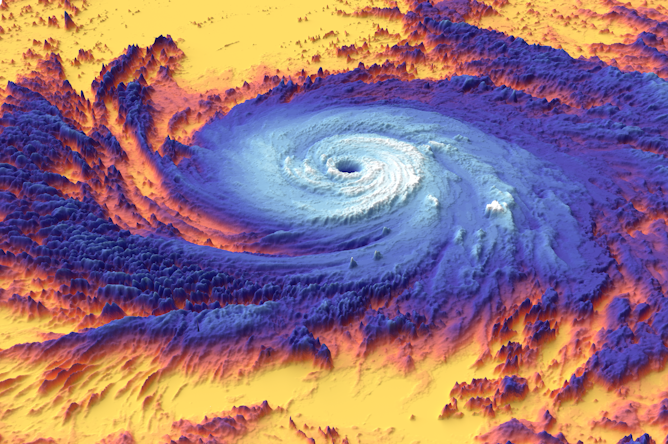
Satellite data illustrates the heat signature of Hurricane Maria above warm surface water in 2017.
NASA
Noel Gutiérrez Brizuela, University of California, San Diego; Sally Warner, Brandeis University
Currents can carry that deep ocean heat hundreds of miles to surface again at distant shores.
|
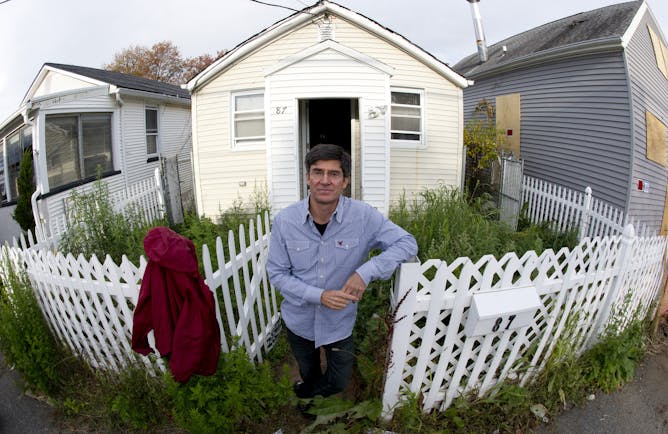
Neighborhood groups in Staten Island, N.Y., encouraged buyouts after Superstorm Sandy in 2012.
Don Emmert/AFP via Getty Images
James R. Elliott, Rice University; Zheye (Jay) Wang, Rice University
FEMA runs the largest managed retreat program in the country, Two disaster response experts looked at the demographics of who gets those buyouts and where they go.
|
|
|
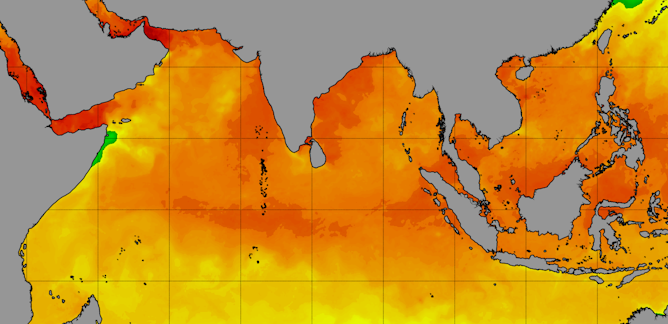
Annalisa Bracco, Georgia Institute of Technology
Drought in Europe, dwindling Arctic sea ice, a slow start to the Indian monsoon – unusually hot ocean temperatures can disrupt climate patterns around the world, as an ocean scientist explains.
| |
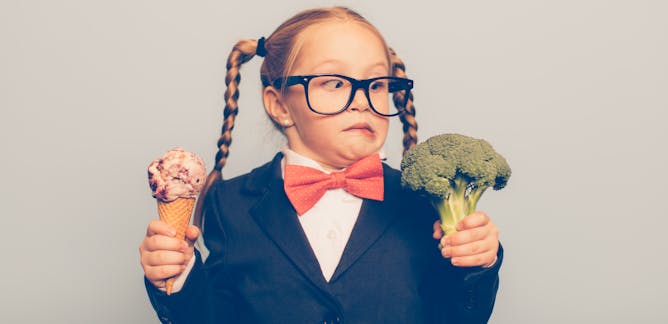
Monica Dus, University of Michigan
Research is clear that what we eat can drive our test preferences as early as 2 years of age.
|

Kathryn Higley, Oregon State University
Depleted uranium munitions are bad news for enemy tanks, but are not nuclear weapons, and studies have shown that they pose low risks of radiation or chemical exposure.
| |
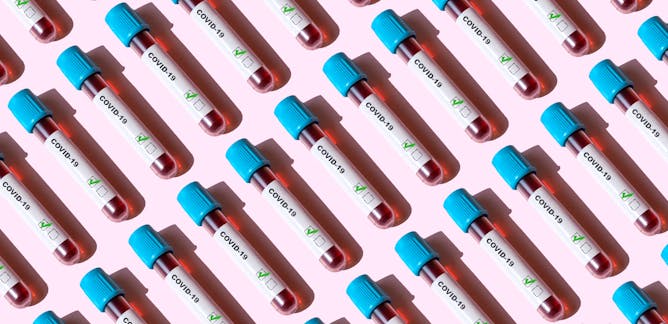
Matt Hitchings, University of Florida; Derek Cummings, University of Florida
There’s pretty much no one left in the US who hasn’t been exposed to the coronavirus, whether by vaccination, infection or both.
|
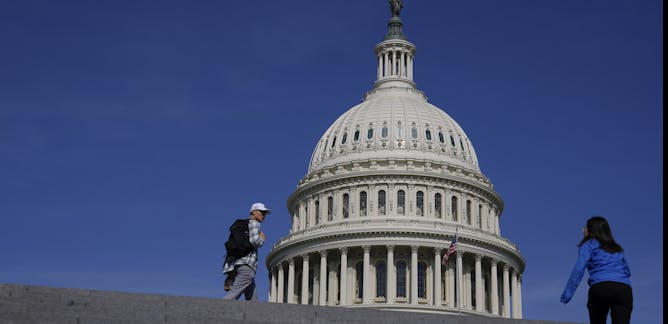
Bruce Schneier, Harvard Kennedy School; Nathan Sanders, Harvard University
Public comment could soon swamp government officials and representatives, thanks to AI, but AI could also help spot compelling stories from constituents.
| |
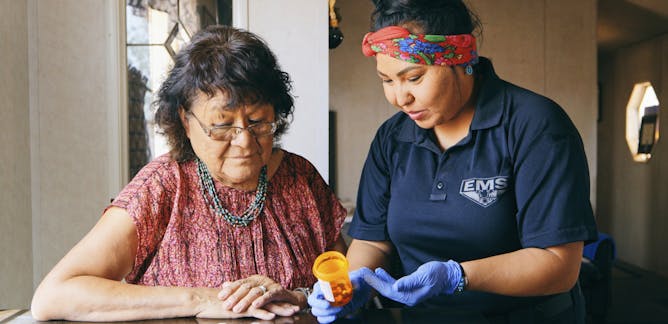
Ursula Running Bear, University of North Dakota
Native Americans sent to government-funded schools now experience significantly higher rates of mental and physical health problems than those who did not.
|
|
|
|
|
-
Emily Wakild, Boise State University
Crowding is increasingly affecting all kinds of public lands. Adjoining communities need to find ways to manage it, or risk harm to the attractions that make them a destination.
-
Beronda L. Montgomery, Grinnell College
Humans have figured out how to season their food with virtually every part of plants.
-
Jason Vogel, University of Washington; Brian G. Henning, Gonzaga University
A new report lays out steps communities can take to help their residents survive heat waves as the risk of dangerous temperatures rises.
|
|
|
| | |
| | |
| |
| |
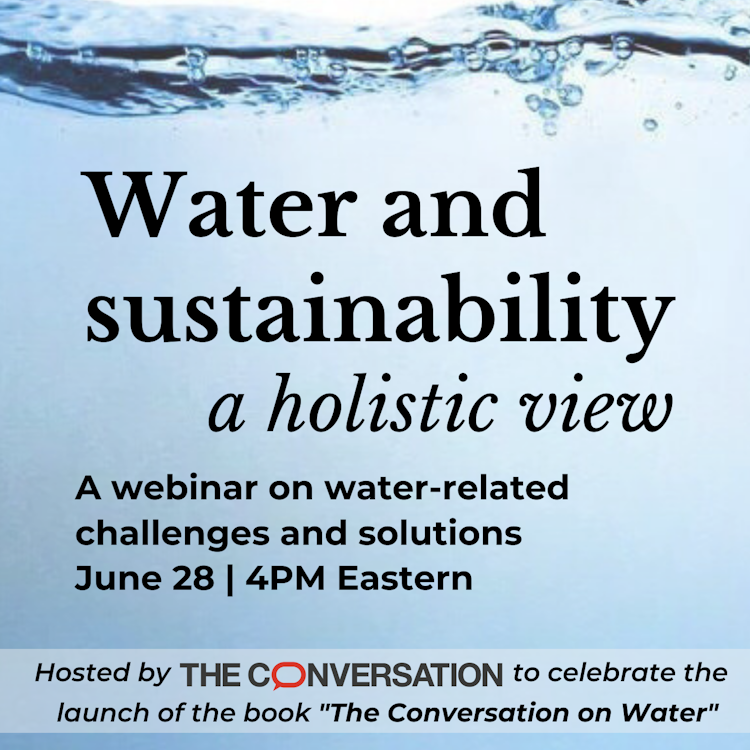
|
| |
| |
| |
| |
| |
| |
|
|
|
